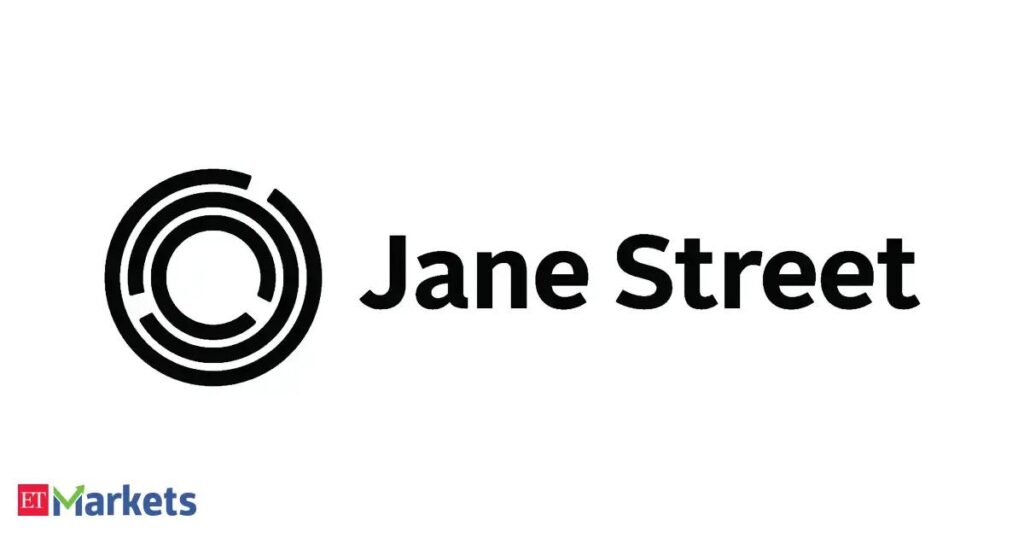Jane Street India Restriction Threatens 900% Rally for Asia’s Oldest Stock Market
As the Bombay Stock Exchange (BSE), Asia’s oldest stock exchange, nears its 150th anniversary, regulatory scrutiny and market volatility loom large. Concerns over retail investor losses in equity derivatives and the ban on Jane Street Group have fueled uncertainty. BSE confronts challenges in adapting and innovating amidst potential stricter oversight and rising competition from the National Stock Exchange.
Founded in 1875 by cotton merchant Premchand Roychand, BSE originated as the Native Share & Stock Brokers’ Association, where brokers congregated under a banyan tree near Mumbai’s Town Hall before relocating to its current iconic location on Dalal Street — the Indian equivalent of Wall Street. Over the years, BSE has introduced pivotal advancements, including the launch of the benchmark BSE Sensex Index in 1986 and the transition to electronic trading the following year.
In response to the influx of millions of new investors engaging with derivatives and equities, BSE has intensified investments in infrastructure to enhance its trading platform and transparency, as highlighted by Chief Executive Officer Sundararaman Ramamurthy. Balachandran, a long-time shareholder in BSE, with a 3% stake as of March 31, emphasized the importance of SEBI’s regulatory actions in fortifying credibility and safety in the market.
Balachandran’s strategic investment approach, underpinned by a bullish outlook on the acceleration of household savings into financial instruments, positions BSE as a key player in India’s growth narrative. His confidence in BSE’s trajectory is echoed by his long-term commitment to the exchange, viewing it as a compelling proxy for India’s economic expansion.


